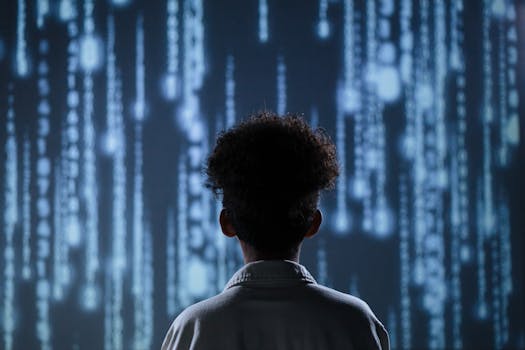
The Future of Education: What 2025 Holds
Introduction to the Future of Education

The future of education is rapidly changing with advancements in technology, shifting learner needs, and innovative teaching methods. As we approach 2025, it’s essential to explore the trends, challenges, and opportunities that will shape the education sector. In this article, we’ll delve into the future of education, focusing on the key developments that will transform the way we learn and teach.
Trends in Education Technology

Education technology has been at the forefront of innovation in recent years, and 2025 will be no exception. Some of the trends to watch out for include:
- Artificial Intelligence (AI): AI will continue to play a significant role in education, enabling personalized learning, automating administrative tasks, and enhancing student outcomes.
- Virtual and Augmented Reality (VR/AR): VR/AR will become more prevalent in education, providing immersive and interactive learning experiences that simulate real-world environments.
- Online and Blended Learning: Online and blended learning will continue to grow, offering students flexibility and accessibility in their educational pursuits.
- Gamification and Game-Based Learning: Gamification and game-based learning will become more popular, making learning fun, engaging, and interactive.
Shifts in Learner Needs and Expectations

Learners’ needs and expectations are evolving, and education institutions must adapt to these changes. Some of the shifts to expect include:
- Personalized Learning: Learners will expect tailored learning experiences that cater to their individual needs, interests, and abilities.
- Lifelong Learning: With the rise of the gig economy and rapid technological change, learners will need to continuously update their skills and knowledge to remain relevant.
- Soft Skills and Emotional Intelligence: Learners will require training in soft skills and emotional intelligence to succeed in an increasingly complex and interconnected world.
- Sustainability and Social Responsibility: Learners will expect education institutions to prioritize sustainability and social responsibility, preparing them to address global challenges and create positive impact.
Challenges and Opportunities in Education

Despite the many advancements in education, there are still significant challenges to overcome. Some of the challenges and opportunities include:
- Accessibility and Equity: Education institutions must ensure that all learners have access to quality education, regardless of their background, location, or ability.
- Teacher Training and Support: Teachers will require training and support to effectively integrate technology and innovative teaching methods into their practice.
- Assessment and Evaluation: Education institutions must develop new assessment and evaluation methods that accurately measure student learning outcomes and progress.
- Partnerships and Collaborations: Education institutions will need to form partnerships and collaborations with industry, government, and community organizations to provide learners with relevant and practical learning experiences.
Conclusion

The future of education in 2025 will be shaped by technological advancements, shifting learner needs, and innovative teaching methods. While there are challenges to overcome, there are also opportunities for education institutions to create positive impact, drive innovation, and prepare learners for success in an increasingly complex and interconnected world.





